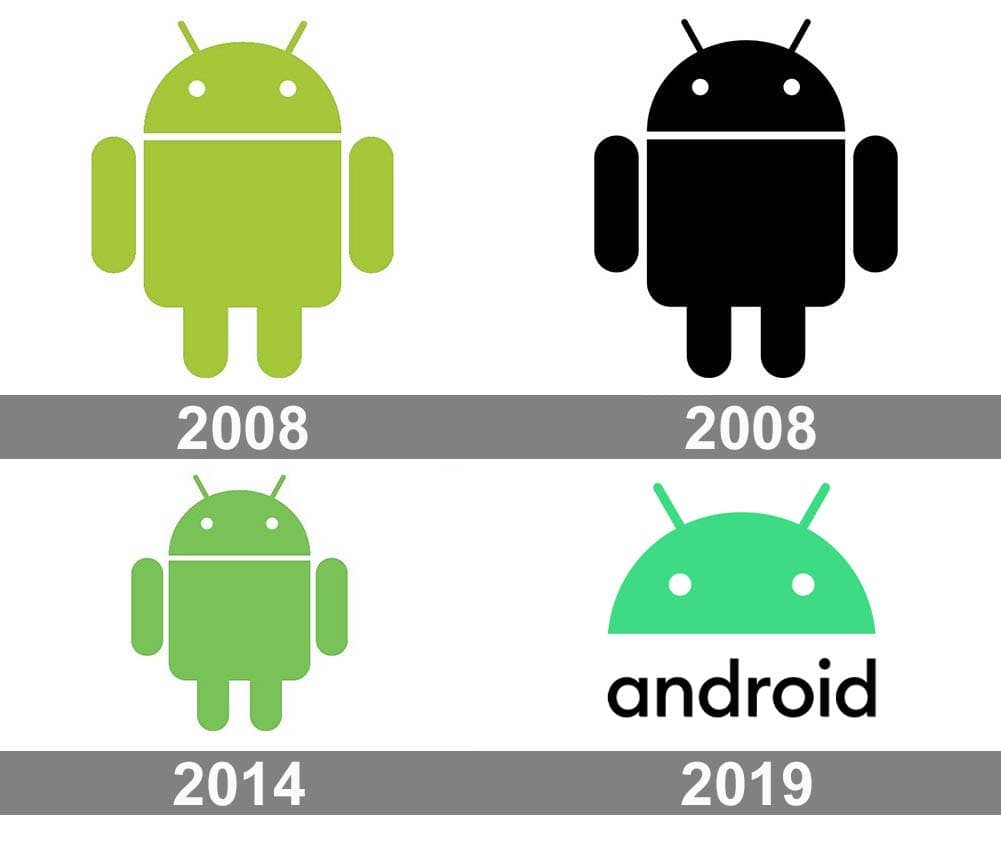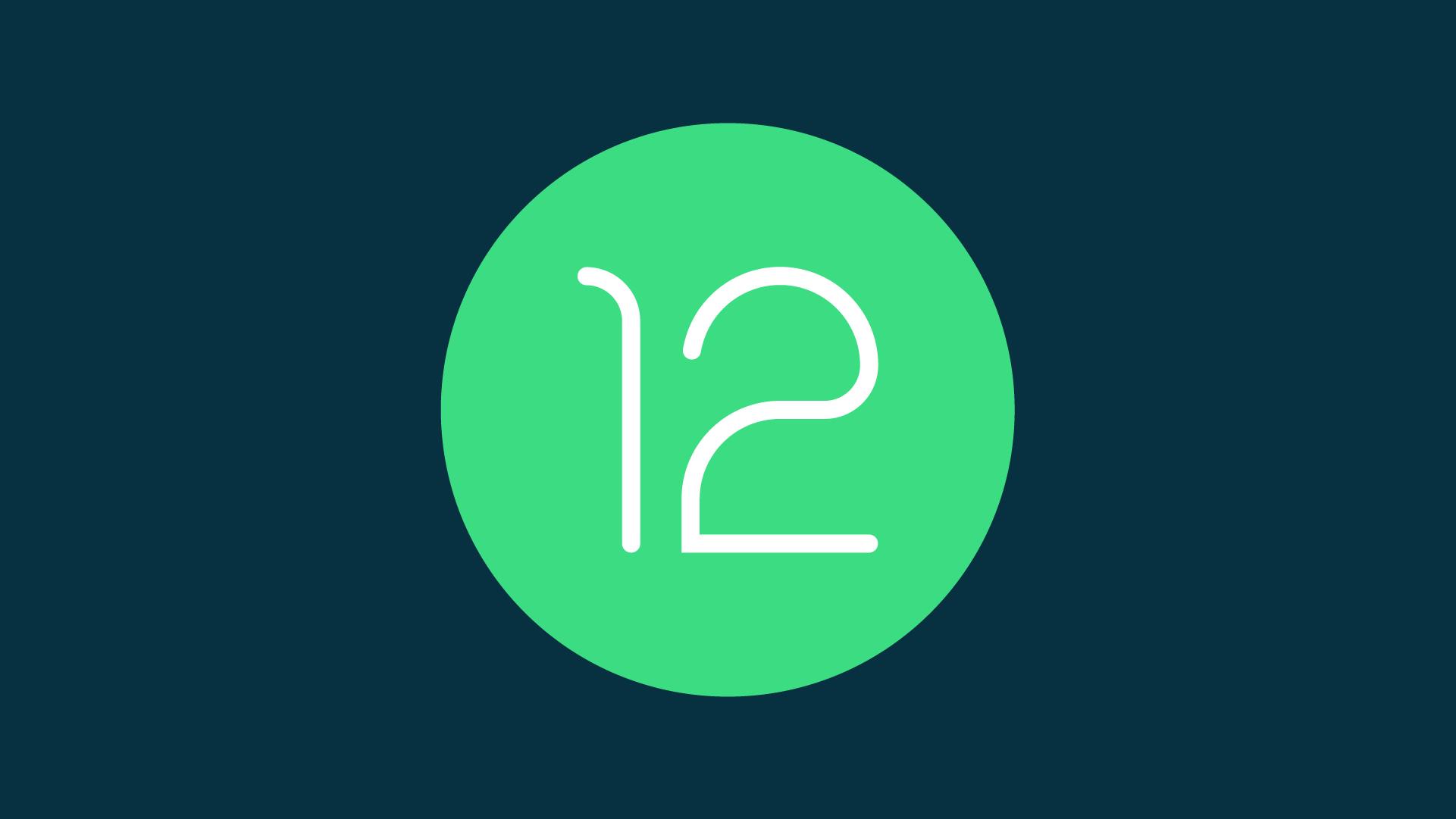Android OS : Past-Future
The official release of Android OS took place in 2008 and in the 11 years, it became the most widespread OS for a wide range of hardware, from gadgets and TV sets to cars and refrigerators. At the time of this writing, there are dozens of SDK versions and more than 2 billion devices using Android. It means that Google is interested in the Android OS and keeps updating it. You can get regular updates and detailed information on the distribution dashboard .
A big amount of device configurations means that our resources have to be adaptable and this is the coolest feature in Android. For example, you can create different XML layout files for different screen sizes and the operating system will choose the right one, taking into account the screen size of the device.

From the very beginning, Android OS was and still is an open-source project led by Google. This gives an opportunity to you as a developer to contribute and to deepen your knowledge. Unquestionably, the huge size of Android's ecosystem and its open-source philosophy have many other advantages. For example, modern technologies have great chances to be included in new Android OS versions. So if you write Android apps, you will be aware of current trends.
Programming Language
Android is a modified UNIX-based operating system and here comes the question: which programming language should a developer use to create the apps? Initially, Java was chosen as the main language to write for Android. Andy Rubin, a former CEO of Android Inc, explained that there were other languages considered, but Java is a "well-known brand name as well as compatibility being that it is a common language taught at universities worldwide".
In 2019 Google officially announced , that Kotlin is the preferable language for Android development. It's better to know how to use Kotlin because it provides an easier and faster way to create applications.

